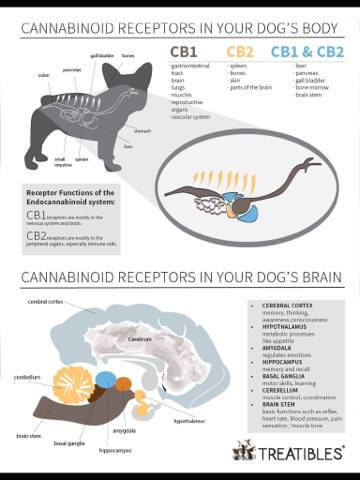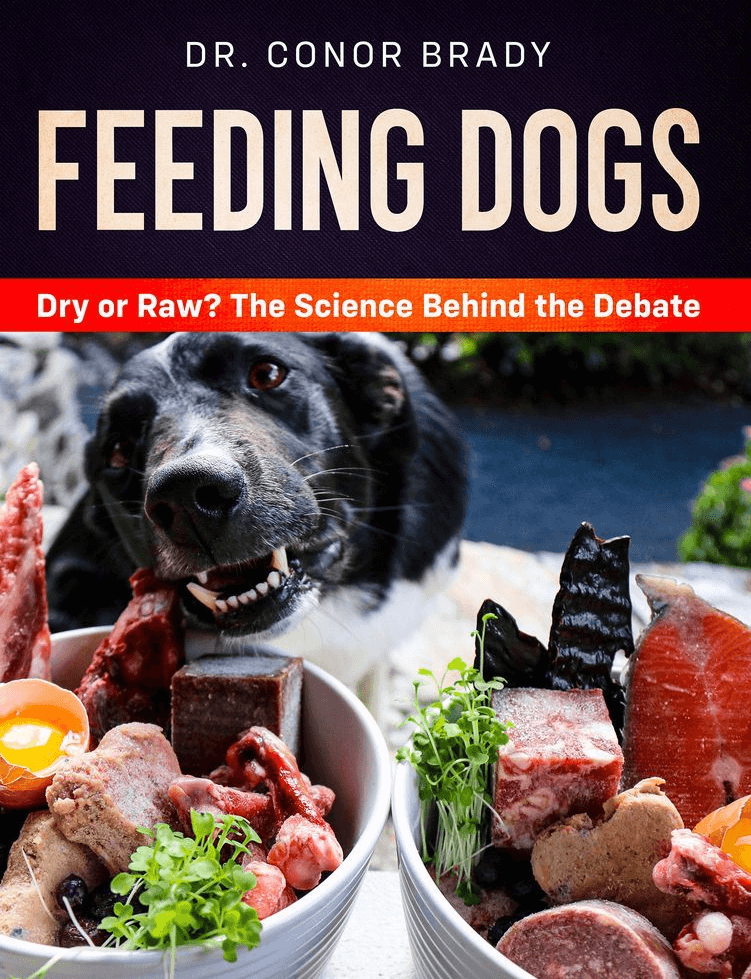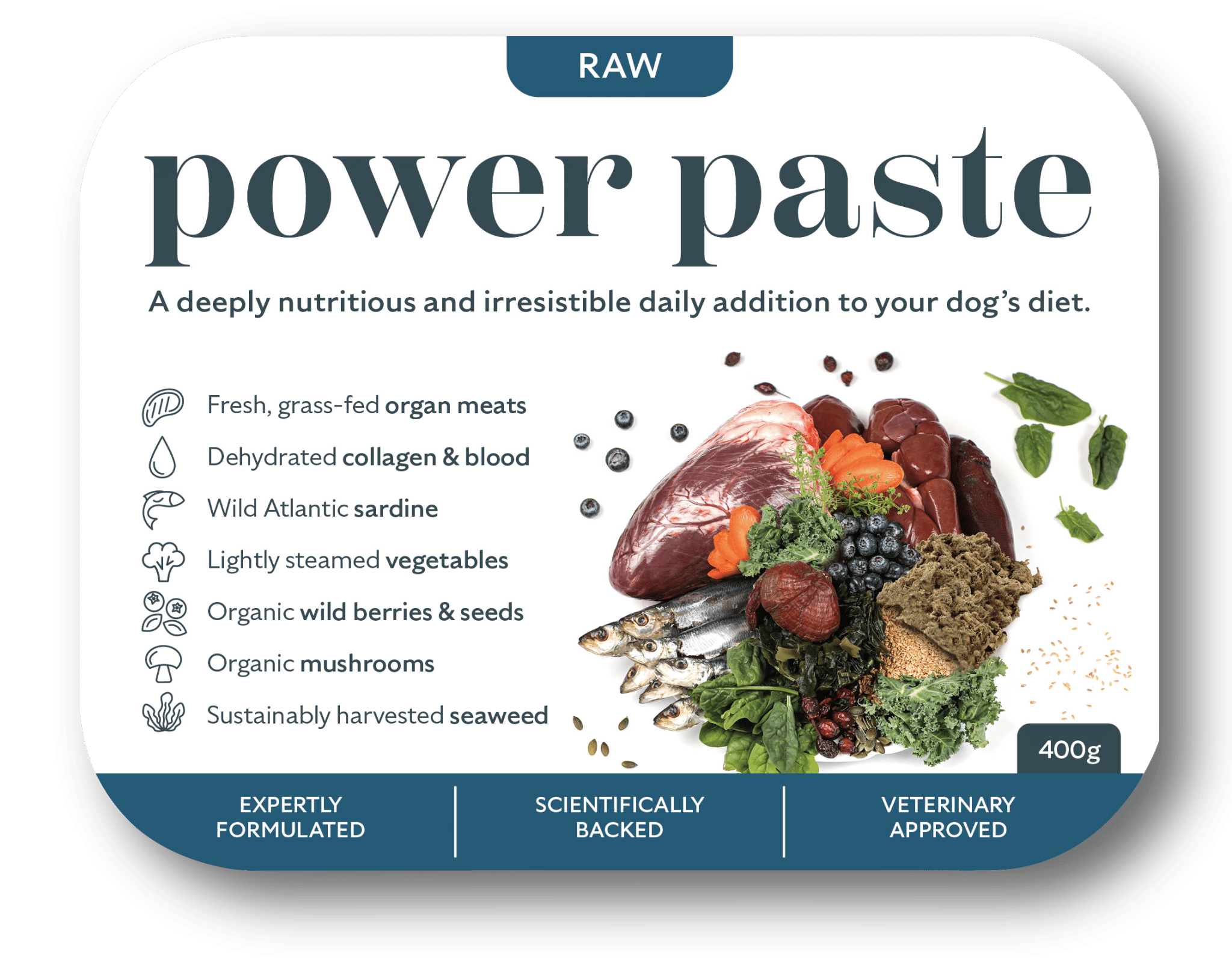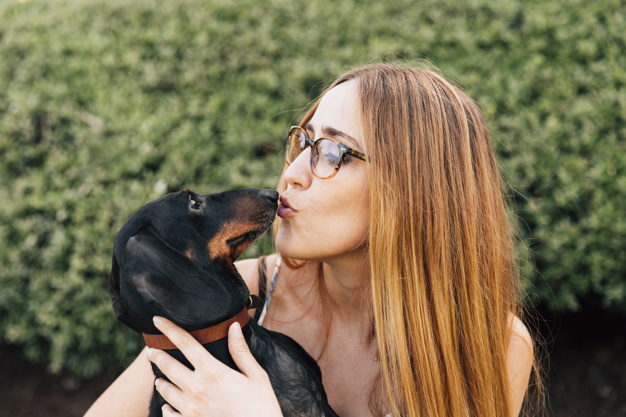I was so saddened to read a headline in the Journal.ie yesterday. It read “Epilepsy drug which has left 400 Irish children with disabilities to come under EU review today”…
The FACS (foetal anticonvulsant syndrome) Forum Ireland, an umbrella group of patients and disability organisations, estimates that sodium valproate has affected at least 400 children with birth defects and developmental issues since it was first licensed here in 1983.
The reason it struck me so badly was that a young member of my extended family was diagnosed by a GP with a very mild form of epilepsy. He used to stare for very short periods, apparently oblivious to people around him (I have been accused of that many times by my wife). The kid was prescribed drugs for two years.
I remember over a pint mentioning to the father that there was a strong link between gluten (wheat, barley, rye) and dairy with epilepsy. He considered it for a second, made a comment about how difficult cutting out those foods would be (it’s not) and thought he would go the drug root instead of “going nuclear”. His words.
It made me feel so profoundly sad, helpless and a little bit angry, all at the same time. Those trying to push a more natural idea on anyone BEFORE going drug have no doubt experienced this many times too.
Much of the emotion stems from the frustration that the doctor never, ever considered this an option (the kid has a permanent snotty nose, massive indicator, and their kids are generally chesty (lots of phlegm build up). It was worth a simple weeks test, but no.
The above article in the Journal coincided neatly with my latest fascination and recent research into the amazing powers of CBD oil. Too many people are in awe at Dudley’s rate of recovery – is it the great diet, the physio, the hydro, the cool natural additions, him being in great shape or is it the CBD.
I have posted about CBD for dogs before, I urge you to check out that article. CBD (Cannabidiol) is one of more than 80 active cannabinoid chemicals in the marijuana plant. Unlike the main psychoactive cannabinoid in marijuana, TetraHydroCannabinol (THC), CBD does not produce euphoria or intoxication. Instead, cannabinoids have their effect mainly by interacting with specific receptors on cells in the brain and body: the CB1 receptor, found on neurons and glial cells in various parts of the brain, and the CB2 receptor, found mainly in the body’s immune system. Both you and your dog have receptors for CBD all over your body.

Unsurprisingly, CBD oil is repeatedly found to be effective in treating a great range of neurological conditions, simply helping those neurons and signalling systems in the brain to fire better, in the simplest of terms. So far, here’s what I’ve found:
CBD oil and Epilepsy
A review by Grotenhermen and colleagues (2016) describes several clinical studies with CBD. In a study with 23 patients with therapy-resistant epilepsy (e.g. Dravet syndrome) were treated for 3 months with increasing doses of up to 25 mg/kg b.w. CBD in addition to their regular epilepsy medication. Apart from reducing the seizure frequency in 39% of the patients,
Another clinical study lasting at least 3 months with 137 children and young adults with various forms of epilepsy treated with the CBD. Here almost 50% of the patients experienced a reduction of seizure frequency.
The largest CBD study was an open-label study with Epidiolex in 261 patients (mainly children, the average age of the participants was 11) suffering from severe epilepsy, who could not be treated sufficiently with standard medication. After 3 months of treatment, where patients received CBD together with their regular medication, a median reduction of seizure frequency of 45% was observed. 10% of the patients reported side effects (tiredness, diarrhea, exhaustion; Grotenhermen et al. 2016 and references therein). CBD’s side effects were generally mild and infrequent
Grotenhermen, F., Gebhardt, K., & Berger, M. (2016): Cannabidiol. Solothurn, Schweiz: Nachtschatten Verlag, 2016 (2nd extended edition), 17-63.
Other studies that show reduced seizures with it’s application.
Jones et al. Cannabidiol exerts anti-convulsant effects in animal models of temporal lobe and partial seizures. Seizure. 2012 Jun;21(5):344-52.
Consroe P and Wolkin A. Cannabidiol–antiepileptic drug comparisons and interactions in experimentally induced seizures in rats. J Pharmacol Exp Ther. 1977 Apr;201(1):26-32.
CBD may be effective in treating children with drug-resistant epilepsy
Porter BE and Jacobson C. Report of a parent survey of cannabidiol-enriched cannabis use in pediatric treatment-resistant epilepsy. Epilepsy & Behavior 29 (2013) 574–577.
Press et al. Parental reporting of response to oral cannabis extracts for treatment of refractory epilepsy. Epilepsy & Behavior 45 (2015) 49–52.
Hussain et al. Perceived efficacy of cannabidiol-enriched cannabis extracts for treatment of pediatric epilepsy: A potential role for infantile spasms and Lennox-Gastaut syndrome. Epilepsy Behav. 2015 Apr 29: S1525-5050(15)00157-2.
[su_list icon=”icon: check-circle” icon_color=”#fff” class=”cbd-oil-ad”]
- Full Spectrum: This means all of the cannabinoids are present, not just CBD, meaning broader action and thus health benefits
- CO2 Extracted: This is the best way to extract the good stuff from the hemp plant (leaves and flowers)
- Organically grown: nasty chemicals have been avoided for the entire process
Safe: CBD oil has no intoxicating effects as it has no THC. In fact, studies show it has little no side effects whatsoever 500mg only $64.99!!!! - Shipping Rates: $9.99 anywhere in the US. $12.99+ for international
- Free Shipping: Buy 2 bottles for free shipping
- Discounts available: buy 3 for 5% off, get another 5% off if you sign up as a customer!
[/su_list]
CBD oil and Parkinsons
21 Parkinson’s patients were treated with either placebo, 75 mg/day CBD or 300 mg/ day in an exploratory double-blind trial for 6 weeks. The higher dose showed significant improvement of quality of life where the term “quality of life” is defined as mobility, activities of daily living (ADL), emotional well-being, stigma, social support, cognition, communication and bodily discomfort.
Chagas, M. H. N., Zuardi, A. W., Tumas, V., Pena-Pereira, M. A., Sobreira, E. T., Bergamaschi, M. M., … & Crippa, J. A. S. (2014): Effects of cannabidiol in the treatment of patients with Parkinson’s disease: an exploratory double-blind trial. Journal of Psychopharmacology, 28(11), 1088-1098
García-Arencibia et al. Evaluation of the neuroprotective effect of cannabinoids in a rat model of Parkinson’s disease: importance of antioxidant and cannabinoid receptor-independent properties. Brain Res. 1134(1):162-70. (2007)
In a 4 week open trial, CBD was tested on Parkinson’s patients with psychotic symptoms and it led to a reduction of the psychotic symptoms
Zuardi, A. W., Crippa, J. A. S., Hallak, J. E. C., Pinto, J. P., Chagas, M. H. N., Rodrigues, G. G. R., … & Tumas, V. (2009): Cannabidiol for the treatment of psychosis in Parkinson’s disease. Journal of Psychopharmacology
CBD oil and Schizophrenia
A double-blind, randomized clinical trial of cannabidiol vs amisulpride (one of the most effective treatment options for schizophrenia), a potent anti-psychotic in acute schizophrenia, was performed on a total of 42 subjects. While both treatments were effective (no significant difference in total score), CBD scored less side effects. The CBD group showed less serum prolactin increase (a predictor of sexual dysfunction), fewer extrapyramidal symptoms (these include symptoms such as continuous spasms and muscle contractions, motor restlessness, rigidity and slowness of movement, tremor and irregular, jerky movements) and less weight gain
Leweke, F., Koethe, D., & Gerth, C. (2005): Cannabidiol as an antipsychotic: a double-blind, controlled clinical trial of cannabidiol versus amisulpiride in acute schizophrenia. In 15th annual symposium on cannabinoids. Cannabinoid Research Society, Clearwater Beach, FL.
Leweke, F. M., Piomelli, D., Pahlisch, F., Muhl, D., Gerth, C. W., Hoyer, C., … & Koethe, D. (2012): Cannabidiol enhances anandamide signaling and alleviates psychotic symptoms of schizophrenia. Translational psychiatry, 2(3), e94.
GW Pharmaceuticals of September 15th, 2015 described 88 patients with treatment-resistant schizophrenic psychosis, treated either with CBD (in addition to their regular medication) or placebo. Important clinical parameters improved in the CBD-group
Grotenhermen et al., 2016
Grotenhermen, F., Gebhardt, K., & Berger, M. (2016): Cannabidiol. Solothurn, Schweiz: Nachtschatten Verlag, 2016 (2nd extended edition), 17-63.
CBD oil and Alzheimers
CBD was able to prevent the development of a social recognition deficit in alzheimers transgenic mice.
Cheng, D., Spiro, A. S., Jenner, A. M., Garner, B., & Karl, T. (2014): Longterm cannabidiol treatment prevents the development of social recognition memory deficits in Alzheimer‘s disease transgenic mice. Journal of Alzheimer‘s Disease, 42(4), 1383-1396.
…as well as a number of other studies proving it’s efficacy with Alzheimers….
Esposito G et al. The marijuana component cannabidiol inhibits beta-amyloid-induced tau protein hyperphosphorylation through Wnt/beta-catenin pathway rescue in PC12 cells. J Mol Med (Berl). 84(3):253-8. (2006).
Martín-Moreno et al. Cannabidiol and Other Cannabinoids Reduce Microglial Activation In Vitro and In Vivo: Relevance to Alzheimer’s Disease. Molecular Pharmacology. 79(6):964-973. (2011).
Iuvone et al.Neuroprotective effect of cannabidiol, a non-psychoactive component from Cannabis sativa, on beta-amyloid-induced toxicity in PC12 cells. J Neurochem. 89(1):134-41. (2004).
CBD oil and Stroke
Pazos et al. Mechanisms of cannabidiol neuroprotection in hypoxic-ischemic newborn pigs:role of 5HT(1A) and CB2 receptors. Neuropharmacology. 71:282-91. (2013).
CBD oil and Multiple Sclerosis
CBD oil reduced the severity of spasticity in MS patients.
Di Marzo and Centonze . Placebo effects in a multiple sclerosis spasticity enriched clinical trial with the oromucosal cannabinoid spray (THC/CBD): dimension and possible causes. CNS Neurosci Ther. 21(3):215-21. (2015).
Flachenecker et al. Nabiximols (THC/CBD oromucosal spray,Sativex®) in clinical practice–results of a multicenter, non-interventional study (MOVE 2) in patients with multiple sclerosis spasticity. Eur Neurol.71(5-6):271-9. (2014)
Also
Pryce et al. Neuroprotection inExperimental Autoimmune Encephalomyelitis and Progressive Multiple Sclerosis by Cannabis-Based Cannabinoids. J Neuroimmune Pharmacol. 2014 Dec 24.
CBD oil for Anxiety and Stress
CBD has shown therapeutic efficacy in a range of animal models of anxiety and stress, reducing both behavioral and physiological (e.g., heart rate) measures of stress and anxiety
Guimaraes et al. Antianxiety effect of cannabidiol in the elevated plus-maze. Psychopharmacology (Berl) 100:558–559 (1990).
Lemos et al. Involvement of the prelimbic prefrontal cortex on cannabidiol-induced attenuation of contextual conditioned fear in rats. Behav Brain Res 207:105–111(2010).
CBD reduced anxiety in patients with social anxiety subjected to a stressful public speaking task.
Bergamaschi et al. Cannabidiol reduces the anxiety induced by simulated public speaking in treatment-naive social phobia patients. Neuropsychopharmacology 2011;36:1219–1226.
In a laboratory protocol designed to model post-traumatic stress disorders, CBD improved “consolidation of extinction learning”, in other words, forgetting of traumatic memories.xxxvi
Das et al. Cannabidiol enhances consolidation of explicit fear extinction in humans. Psychopharmacology (Berl). 2013 Apr;226(4):781-92.
CBD oil and Graft Transplantation
The occurrence of various degrees of GVHD (Graft-versus-host disease (GvHD) is a medical complication following the receipt of transplanted tissue from a genetically different person) was compared with historical data from 108 patients who only received the standard treatment. Patients treated with CBD did not develop acute GVHD. In the 16 months after transplantation the incidence of GHVD was significantly reduced in the CBD-group.
Yeshurun, M., Shpilberg, O., Herscovici, C., Shargian, L., Dreyer, J., Peck, A., … & Raanani, P. (2015): Cannabidiol for the prevention of graftversus-host-disease after allogeneic hematopoietic cell transplantation: results of a phase II study. Biology of Blood and Marrow Transplantation, 21(10), 1770-1775.
CBD oil and Cancer
Intraperitoneal application of 5 mg/kg b.w. CBD every 3 days for a total of 28 weeks, almost completely reduced the development of metastatic nodules caused by injection of human lung carcinoma cells (A549) in nude mice. In this 5-week study, 100 mg/kg CBD was administered daily i.p. Tumor volume was reduced by 60% and no adverse effects of treatment were described in the study
Leanza, L., Managò, A., Zoratti, M., Gulbins, E., & Szabo, I. (2016): Pharmacological targeting of ion channels for cancer therapy: in vivo evidences. Biochimica et Biophysica Acta (BBA)-Molecular Cell Research, 1863(6), 1385-1397.
They used the cancerogen azoxymethane to induce colon cancer in mice. The high CBD concentration led to a significant decrease in polyps and a return to near normal levels of phosphorylated Akt (elevation caused by the cancerogen; Fowler, 2015). No adverse effects were mentioned in the described study
Aviello, G., Romano, B., Borrelli, F., Capasso, R., Gallo, L., Piscitelli, F., … & Izzo, A. A. (2012): Chemopreventive effect of the nonpsychotropic phytocannabinoid cannabidiol on experimental colon cancer. Journal of molecular medicine, 90(8), 925-934.
There are also several pre-clinical reports showing anti-tumor effects of CBD in cell culture and in animal models. These studies have found reduced cell viability, increased cancer cell death, decreased tumor growth, and inhibition of metastasis (reviewed in McAllister et al, 2015). These effects may be due to the antioxidant and anti-inflammatory effects of CBD; however these findings have not yet been explored in human patients.
McAllister et al. The Antitumor Activity of Plant-Derived Non-Psychoactive Cannabinoids. J Neuroimmune Pharmacol. 2015 Apr28. [Epub ahead of print]
McAllister et al. The Antitumor Activity of Plant-Derived Non-Psychoactive Cannabinoids. J Neuroimmune Pharmacol. 2015 Apr28. [Epub ahead of print].
Massi et al. 5-Lipoxygenase and anandamide hydrolase (FAAH) mediate the antitumor activity of cannabidiol, a non-psychoactive cannabinoid. J Neurochem. 2008 Feb;104(4):1091-100.
CBD oil and Diabetes
CBD treatment lead to reduction of diabetes development and to more intact islet of Langerhans cells
Weiss, L., Zeira, M., Reich, S., Slavin, S., Raz, I., Mechoulam, R., & Gallily, R. (2008): Cannabidiol arrests onset of autoimmune diabetes in NOD mice. Neuropharmacology, 54(1), 244-249
CBD oil and Joint Swelling
CBD reduced joint swelling, immune cell infiltration. thickening of the synovial membrane and nociceptive sensitization/spontaneous pain in a dose-dependent manner. Pro-inflammatory biomarkers were also reduced in a dose-dependent manner.
Hammell, D. C., Zhang, L. P., Ma, F., Abshire, S. M., McIlwrath, S. L., Stinchcomb, A. L., & Westlund, K. N. (2015): Transdermal cannabidiol reduces inflammation and painrelated behaviours in a rat model of arthritis. European Journal of Pain
CBD oil and it’s lack of side effects
A review of 25 studies on the safety and efficacy of CBD did not identify significant side effects across a wide range of dosages, including acute and chronic dose regimens, using various modes of administration.
A review of potential side effects in humans found that CBD was well tolerated across a wide dose range,
Bergamaschi MM, Queiroz RH, Zuardi AW, Crippa JA. Safety and side effects of cannabidiol, a Cannabis sativa constituent. Curr Drug Saf. 2011;6:237–249.
Now don’t tell me, if you (or your dog) was to suffer a condition, such as epilepsy, a simple diet change and CBD oil is not, in the very least, worth a go.
I recommend www.recoverycbd.ie for CBD oil. Neil, the owner, sells a high grade (price is no indicator, how it is extracted, what parts of the plant they use etc, is of the utmost importance). It is what Dudley is on.
[su_list icon=”icon: check-circle” icon_color=”#fff” class=”cbd-oil-ad”]
- Full Spectrum: This means all of the cannabinoids are present, not just CBD, meaning broader action and thus health benefits
- CO2 Extracted: This is the best way to extract the good stuff from the hemp plant (leaves and flowers)
- Organically grown: nasty chemicals have been avoided for the entire process
Safe: CBD oil has no intoxicating effects as it has no THC. In fact, studies show it has little no side effects whatsoever 500mg only $64.99!!!! - Shipping Rates: $9.99 anywhere in the US. $12.99+ for international
- Free Shipping: Buy 2 bottles for free shipping
- Discounts available: buy 3 for 5% off, get another 5% off if you sign up as a customer!
[/su_list]












